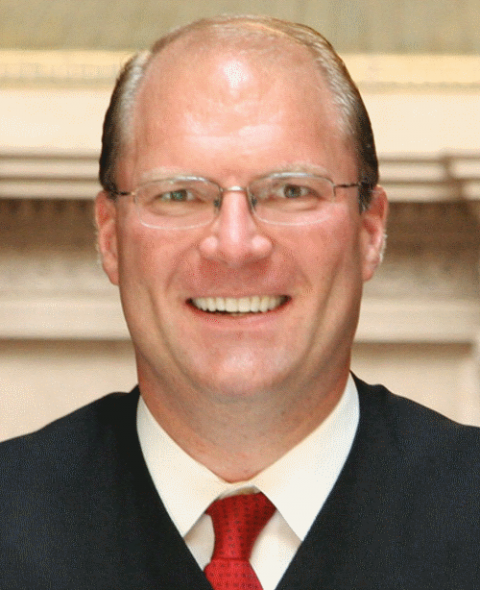High Court Gives Prosecutors More Power
State Supreme Court overrules statute and high court ruling previously cited 168 times.
The Wisconsin Supreme Court has just issued a ruling that overturns decades of precedent and gives additional power to prosecutors in Wisconsin. The decision, released on December 19, was in the case of State of Wisconsin v. Jose Alberto Reyes Fuerte.
Reyes Fuerte pleaded guilty to attempting to flee a traffic officer and operating with a restricted controlled substance in his blood.
He then appealed, claiming that he had not been adequately informed of the deportation ramifications of his guilty pleas, and asked the court to let him change those pleas.
The appellate court agreed, noting defects in the trial court’s instructions and citing the Wisconsin statute that says:
If a court fails to advise a defendant as required … and a defendant later shows that the plea is likely to result in the defendant’s deportation, exclusion from admission to this country or denial of naturalization, the court on the defendant’s motion shall vacate any applicable judgment against the defendant and permit the defendant to withdraw the plea and enter another plea.
The State of Wisconsin then appealed this decision to the Wisconsin Supreme Court, and the high court obliged and overturned the appellate court ruling.
The conservative majority, in a decision written by Justice Michael Gableman, said that the failure of the circuit court judge to give adequate instructions to Reyes Fuerte amounted to “harmless error,” which thereby establishes a broad precedent that will enable the state to prevail on other appeals down the road.
It also disregarded its own precedent in a case called State v. Douangmala in 2002, which stated that if the conditions of the statute were met, the court had to allow a change of plea.
As Justice Shirley Abrahamson noted in her dissent, joined by Justice Ann Walsh Bradley, “The legislature explicitly stated … that it did not want the mandatory harmless error to apply but the majority is ignoring the legislative direction.”
She also pointed out that the majority’s decision was a blatant violation of the judicial principal of stare decisis: that precedents should not be thrown out the window willy-nilly, but only for the most serious of reasons. She noted that “Douangmala has been cited 168 times” in court cases over the past 15 years.
And she added, pointedly: “There are no compelling reasons for overruling Douangmala…The majority has no justification beyond its doctrinal disposition to overrule Douangmala. The only change since the Douangmala decision is the make-up of the court. A change in judges is not a valid reason to overturn a decision of the court.”
To underscore that point, Abrahamson summoned this quote from a 1974 U.S. Supreme Court decision called Mitchell v. W.T. Grant Co.: “A basic change in the law upon a ground no firmer than a change in our membership invites the popular misconception that this institution is little different from the two political branches of the Government. No misconception could do more lasting injury to this Court and to the system of law which it is our abiding mission to serve.”
The conservative majority, the quote suggests, could be causing precisely this kind of “lasting injury” on the Wisconsin Supreme Court.
Court Watch
-
No Unemployment Benefits For Worker Making Homophobic Remarks
 May 17th, 2022 by Gretchen Schuldt
May 17th, 2022 by Gretchen Schuldt
-
Appeals Court Upholds Injunction Against Abortion Protester
 Mar 13th, 2022 by Gretchen Schuldt
Mar 13th, 2022 by Gretchen Schuldt
-
80% of State’s Judicial Races Uncontested
 Feb 20th, 2022 by Gretchen Schuldt
Feb 20th, 2022 by Gretchen Schuldt





















